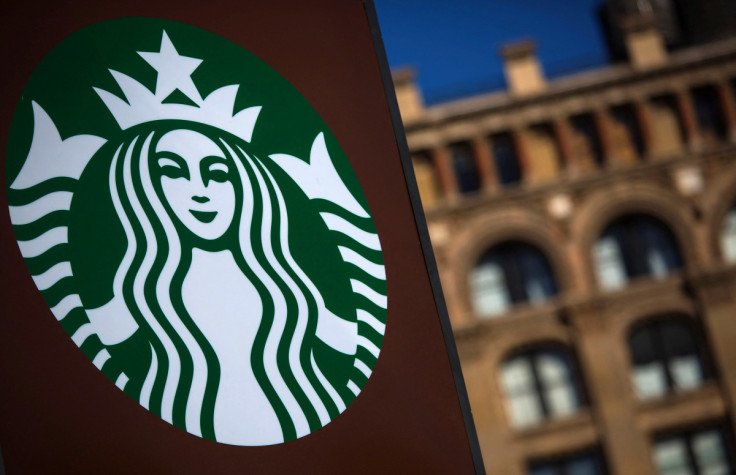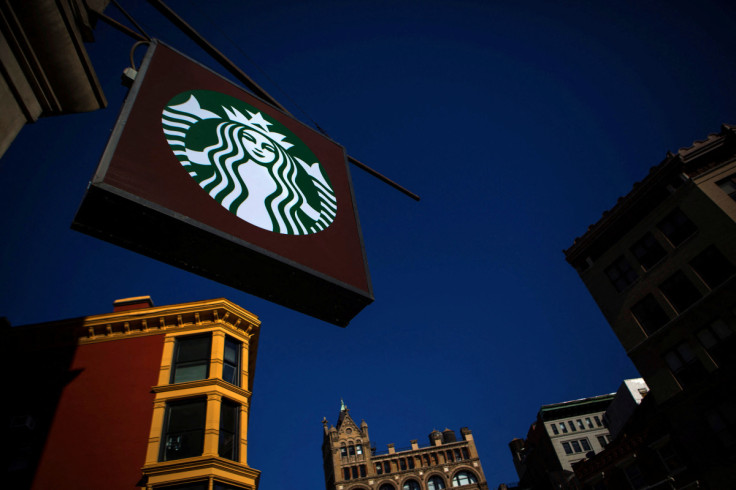Starbucks Slammed With Class Action Lawsuits in 3 US States After Staff Told to Buy Their Own Work Clothes

Starbucks is battling legal challenges in three US states after employees accused the company of violating labour laws by making staff pay for new work clothes under a stricter dress code policy.
Lawsuits in Illinois and Colorado, alongside a formal complaint in California, argue that the coffee giant imposed financial burdens on workers without offering proper reimbursement.
The legal action follows the implementation of a new dress code policy on 12 May 2025, which mandates a stricter uniform standard across all North American stores.
Employees claim the policy has forced them to spend out of pocket on clothing and footwear that primarily benefits the employer, in breach of state labour regulations.
Workers Say New Dress Code Comes at Personal Cost
Under the revised guidelines, Starbucks staff must wear a solid black shirt, either short or long-sleeved, beneath their signature green apron.
Shirts must cover the midriff and armpits, while collars are optional. Acceptable bottoms include khaki, black or blue denim trousers without patterns or frayed hems, or solid black dresses no more than four inches above the knee.
Footwear must be black, grey, dark blue, brown, tan or white, made from waterproof material, and paired with 'subdued' socks or hosiery. The policy also bans face tattoos, tongue piercings, and 'theatrical makeup'.
Although Starbucks provided two complimentary T-shirts to each employee, many workers say this fell short of covering the full cost of compliance.
Brooke Allen, a student and barista in Davis, California, said her manager told her that her Crocs did not meet the new standards and she would need to purchase new shoes to continue working.
Allen reportedly spent $60.09 (£44.34) on footwear and an additional $86.95 (£64.15) on black shirts and jeans. 'I think it's extremely tone deaf on the company's part to expect their employees to redesign their wardrobe without any compensation,' she told reporters. 'A lot of us are already living paycheque to paycheque.'
Legal Grounds and Union Support
The lawsuits argue that Starbucks' policy violates state laws requiring employers to reimburse workers for expenses incurred primarily for the benefit of the company.
In Colorado, the law also prohibits employers from imposing such costs without written consent. The plaintiffs are seeking damages on behalf of all affected Starbucks employees in the respective states, regardless of union affiliation.
The legal action is backed by Starbucks Workers United, a union representing staff at over 640 of the company's 10,000 US stores. While the union is not a direct party to the lawsuits, it has criticised the dress code for being implemented without collective bargaining. The policy also sparked a strike in May, involving more than 1,000 workers across 75 stores.
Starbucks Responds

Starbucks has defended the policy, stating that the dress code was introduced to 'deliver a more consistent experience to customers' and provide 'clearer guidance' to staff.
The company said the changes were part of a broader effort to re-establish a 'warmer, more welcoming experience' in its stores. 'As part of this change, and to ensure our partners were prepared, partners received two shirts at no cost,' a spokesperson said.
Prior to the update, Starbucks maintained a relatively relaxed dress code. Since 2016, employees have been allowed to wear patterned shirts and a wider range of colours, promoting self-expression.
Broader Implications
The lawsuits highlight growing tensions between corporate branding and employee welfare, particularly in low-wage sectors.
As companies seek to standardise customer experience, critics argue that such policies must not come at the expense of workers' financial and personal autonomy.
With California's Labour and Workforce Development Agency now reviewing the complaint, and potential damages being sought in multiple states, Starbucks may face a protracted legal battle.
The outcome could set a precedent for how far employers can go in enforcing uniform policies without compensating staff.
For now, the coffee chain's attempt to refresh its image has brewed a storm of controversy, one that may not settle soon.
© Copyright IBTimes 2025. All rights reserved.




















